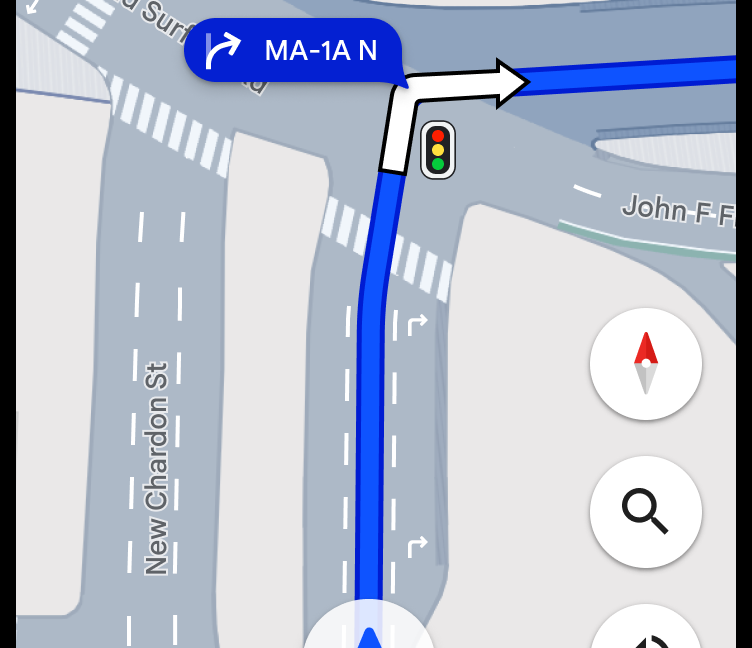Google revealed today how it plans to use generative AI to enhance its mapping activities. It’s the latest application of Gemini, the company’s in-house rival to GPT-4, which the company wants to use to improve the experience when searching for something. Google Maps, Google Earth, and Waze will all get feature upgrades thanks to Gemini, although in some cases only with Google’s “trusted testers” at first.
Google Maps
More than 2 billion people use Google Maps every month, according to the company, and in fact, AI is nothing new to Google Maps. “A lot of those features that we’ve introduced over the years have been thanks to AI,” said Chris Phillips,VP and general manager of Geo at Google. “Think of features like Lens and maps. When you’re on a street corner, you can lift up your phone and look, and through your camera view, you can actually see we laid places on top of your view. So you can see a business. Is it open? What are the ratings for it? Is it busy? You can even see businesses that are out of your line of sight,” he explained.
At some point this week, if you use the Android or iOS Google Maps app here in the US, you should start seeing more detailed and contextual search results. Maps will now respond to conversational requests—during a demo, Google asked it what to do on a night out with friends in Boston, with the app returning a set of results curated by Gemini. These included categories of places—speakeasies, for example—with review summaries and answers from users.




